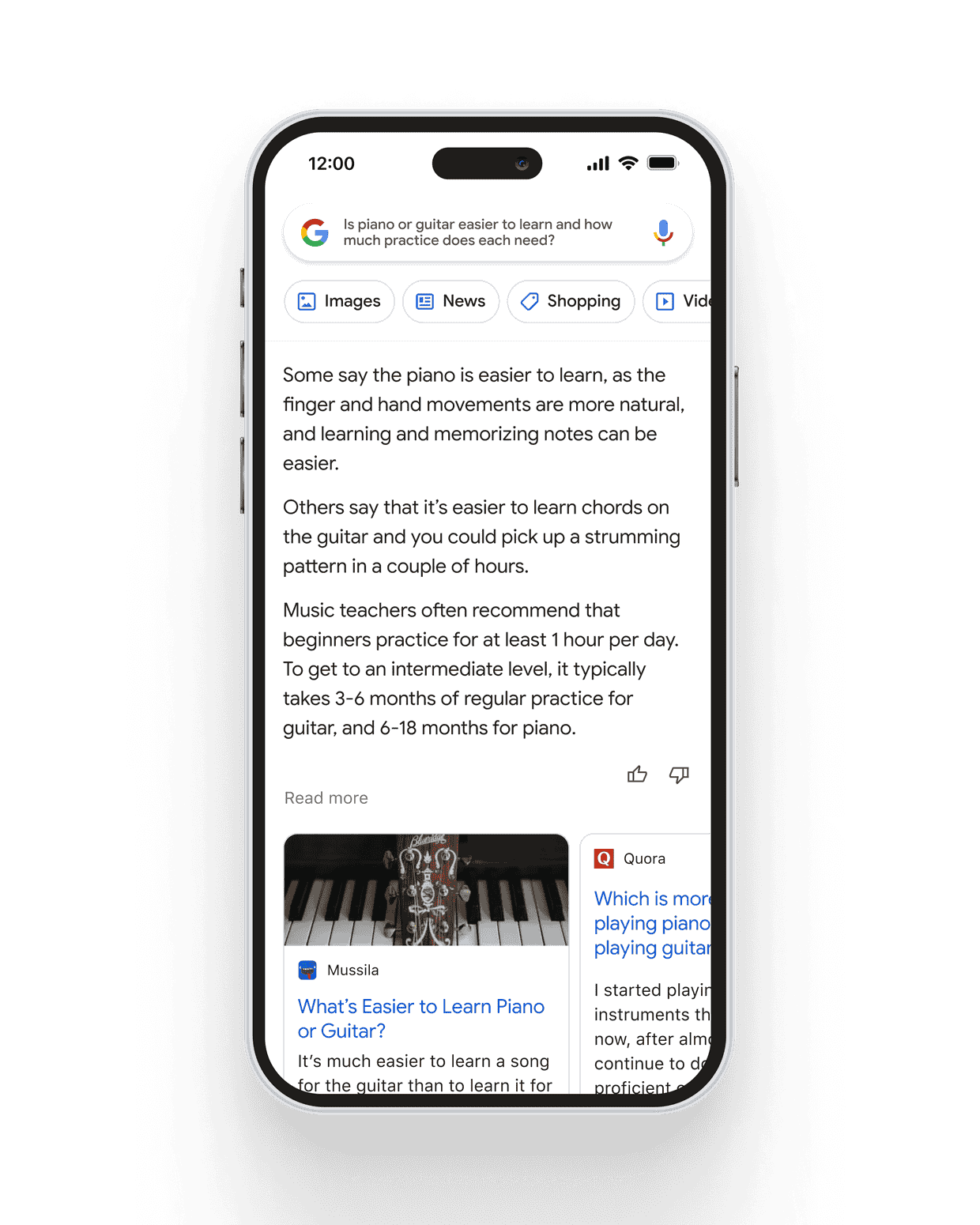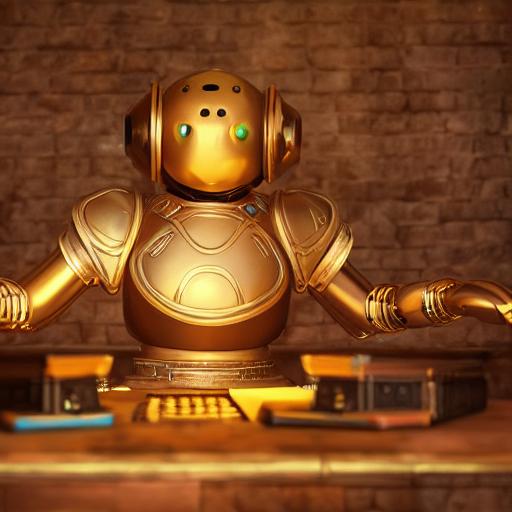In response to ChatGPT, a Microsoft-backed artificial intelligence chatbot, being a tremendous hit, Google is launching its own version, named Bard.
The business is also integrating Bard’s technology into the Google search engine to enable the distillation of difficult questions into understandable solutions, such as which instrument is simpler to learn: the guitar or the piano.
Bard will be made available to specialized product testers on Monday and then to the general public in the ensuing weeks, according to Google. Similar to ChatGPT, Bard is run by a “large language model,” in this case LaMDA from Google.
LaMDA and ChatGPT are examples of large language AI models that use neural networks, which are computer programs that mimic the brain’s internal structure. They are taught to create responses to text-based questions by being fed enormous amounts of text from the internet.
Following its release to the public in November, ChatGPT has gained popularity for producing a wide range of legitimate content, including academic essays, poems, and job applications. Analysts estimate that there are already 100 million users.
The potential of Bard to provide solutions based on current knowledge was highlighted by Sundar Pichai, the CEO of Google. In the announcement, Google provided an example of Bard responding to a question on how to explain recent discoveries made by NASA’s James Webb space telescope to a nine-year-old as well as learning about the top football strikers “right now” and receiving training routines to imitate elite players.
According to Pichai, Bard “seeks to integrate the depth of the knowledge of the world with the strength, intelligence, and creativity of our massive language models. It utilizes online data to deliver original, excellent responses.
Google also announced the integration of its newest AI technologies, including LaMDA, PaLM, picture generator Imagen, and music maker MusicLM, into its search engine. According to Pichai, the search engine’s new AI-powered capabilities will condense complex material and differing viewpoints into “easy-to-digest” formats.
Pichai gave the example of asking Google, “Which instrument is easier to learn, a guitar or a piano?” Instead of linking to a single blog article, Google’s response gave an example of a conversational response to that query.

In order to create apps utilizing Google’s AI technology, the company will also make the LaMDA technology available to developers, creators, and enterprises.
When a Google employee made public assertions that LaMDA was “sentient” last year, it quickly became a topic of discussion over the potential power of AI. Blake Lemoine was fired by Google when they deemed his assertions concerning LaMDA, an acronym for “language model for dialogue applications,” to be “wholly untrue.”
Google made its announcement as Microsoft, a big ChatGPT sponsor, prepared to introduce other products that would make use of the chatbot’s technology. OpenAI, a San Francisco-based company that has secured a massive investment from Microsoft, created ChatGPT.
Users of Microsoft’s Bing search engine claimed to have seen a preview of a feature over the weekend that allowed them to ask queries up to 1,000 characters long with source citations in the answers. At a press conference on Tuesday, Microsoft plans to provide additional information regarding the integration of ChatGPT into its products.








